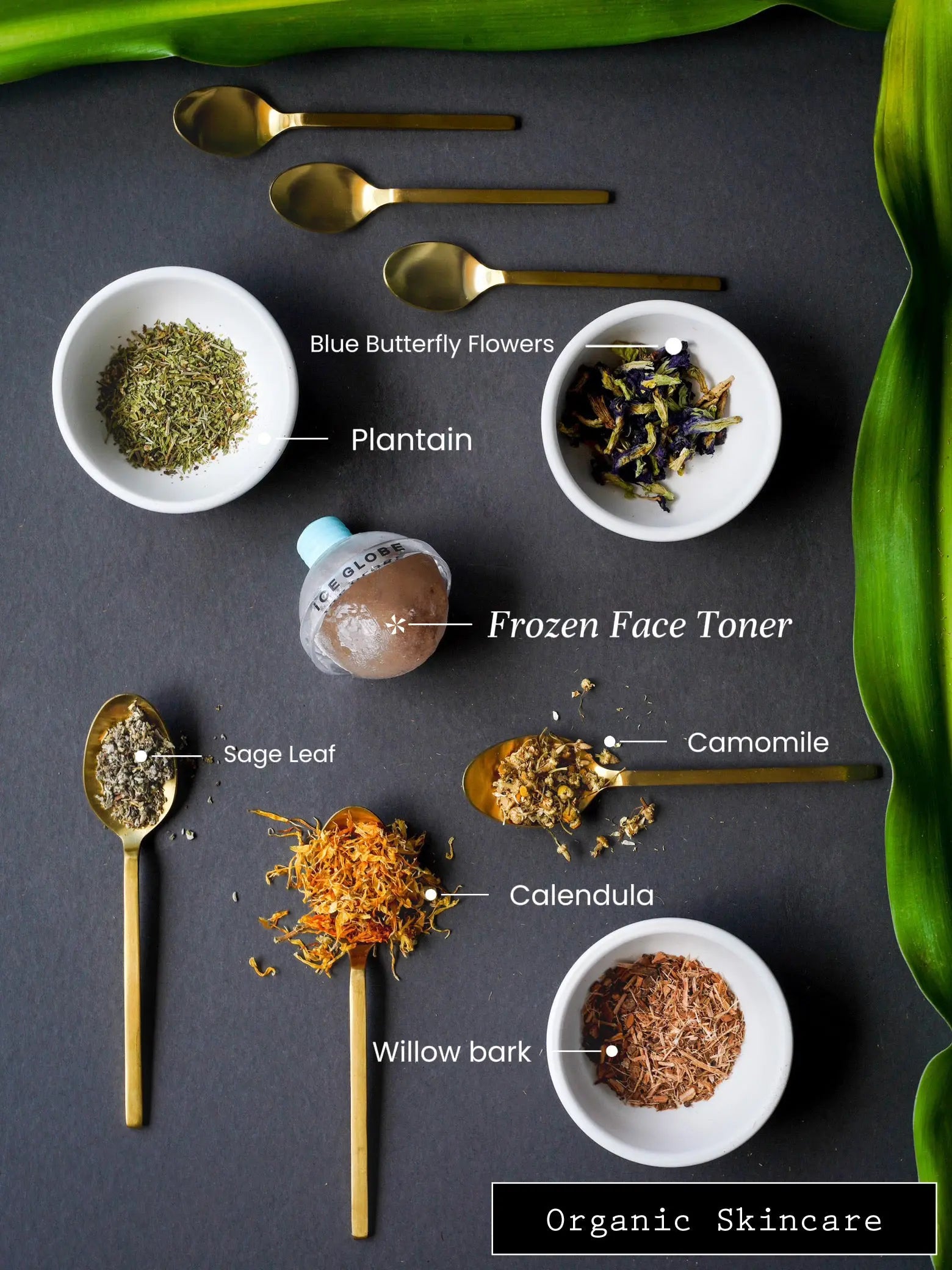The Best Facial Treatment for Acne: A Comprehensive Guide

Introduction
Acne is a common and often distressing skin condition that can affect individuals of all ages and genders. It occurs when hair follicles become clogged with oil and dead skin cells, leading to the formation of pimples, blackheads, whiteheads, and more. Beyond its physical manifestations, acne can have a significant impact on one's self-esteem and overall quality of life. This comprehensive guide aims to explore the best facial treatments for acne, addressing the various types of acne, their causes, and effective solutions to manage and prevent breakouts.
Understanding Acne Types
Before diving into acne treatments, it's essential to understand the different types of acne and their characteristics:
-
Blackheads: These are small, dark bumps on the skin's surface caused by clogged hair follicles filled with oil and dead skin cells.
-
Whiteheads: Similar to blackheads, whiteheads are covered by a thin layer of skin, giving them a white appearance.
-
Papules: Papules are small, red bumps that can be tender to the touch.
-
Pustules: These are similar to papules but are filled with pus, giving them a distinct appearance.
-
Nodules: Large, painful bumps that form deep beneath the skin's surface.
-
Cysts: These are large, pus-filled lumps that are deep beneath the skin's surface and can be particularly painful.
Each type of acne may require different treatment approaches, so identifying the specific type you're dealing with is essential.
Causes of Acne
Acne can have various underlying causes, including:
-
Hormonal Imbalances: Fluctuations in hormones, especially during puberty, menstruation, or conditions like polycystic ovary syndrome (PCOS), can contribute to acne.
-
Genetics: A family history of acne can increase your likelihood of developing the condition.
-
Stress: High-stress levels can trigger hormonal changes that lead to breakouts.
-
Diet: Consuming a diet high in sugary or processed foods may exacerbate acne in some individuals.
-
Skincare Habits: Using harsh or pore-clogging skincare products can contribute to acne.
-
Medications: Certain medications can have acne as a side effect.
-
Environmental Factors: Pollution, humidity, and exposure to certain chemicals can worsen acne.
At-Home Acne Management
While some individuals may effectively manage mild acne at home, it's essential to establish a consistent skincare routine. Key steps include:
-
Gentle Cleansing: Cleanse your skin once a day with warm water and a gentle cleanser. Avoid harsh products.
-
Makeup Removal: Remove makeup at the end of the day to prevent clogged pores.
-
Moisturize: Use an oil-free moisturizer to keep your skin hydrated without exacerbating acne.
-
Hands Off: Avoid picking, popping, or squeezing acne lesions, as this can lead to scarring and more breakouts.
-
No Harsh Products: Refrain from using alcohol-based toners, astringents, and abrasive exfoliants.
If at-home care doesn't yield desired results, consider seeking professional guidance.
Professional Acne Treatments
For moderate to severe acne, or if at-home care is ineffective, professional treatments are highly recommended. Some effective options include:
-
Topical Treatments: Dermatologists may prescribe topical creams or gels containing ingredients like benzoyl peroxide, retinoids, or antibiotics.
-
Oral Medications: In more severe cases, oral antibiotics, birth control pills (for hormonal acne), or isotretinoin may be prescribed.
-
Chemical Peels: Chemical peels can help exfoliate the skin, reduce acne, and improve its texture.
-
Laser Therapy: Laser and light-based therapies can target acne-causing bacteria and reduce inflammation.
-
Extraction: Dermatologists can safely extract blackheads and whiteheads to prevent further breakouts.
-
Cortisone Injections: For stubborn cysts, cortisone injections can rapidly reduce inflammation and pain.
Conclusion
Acne is a widespread skin condition that can affect people of all ages and genders. It manifests in various forms, each with its unique characteristics and potential causes. While mild acne can often be managed with at-home skincare routines, moderate to severe cases may require professional treatment. It's crucial to consult with a dermatologist to determine the most suitable treatment plan for your specific type of acne. With the right approach, you can effectively manage and prevent breakouts, minimize scarring, and improve your skin's health and appearance. Remember that patience and persistence are key to achieving clear and healthy skin.






